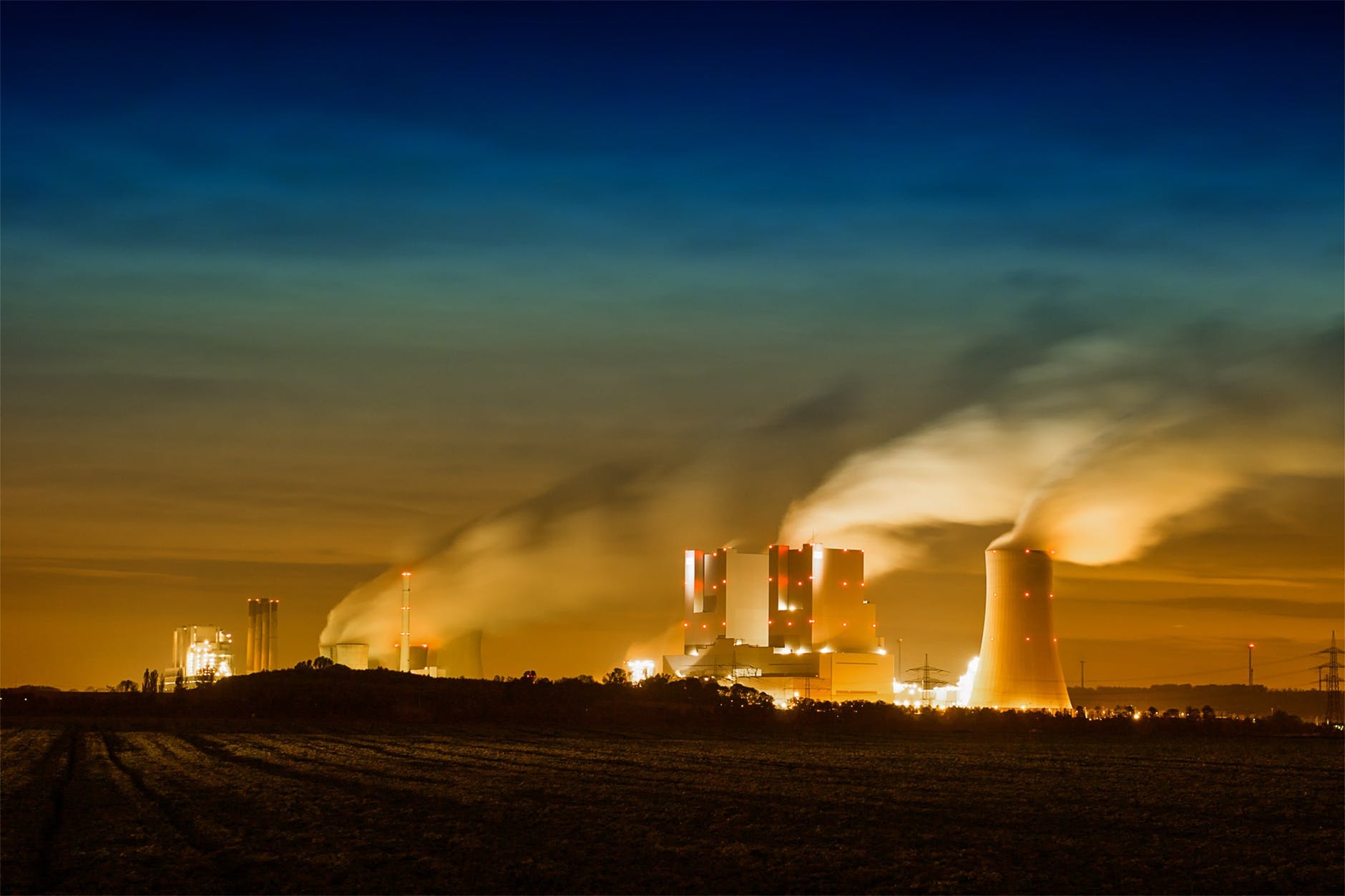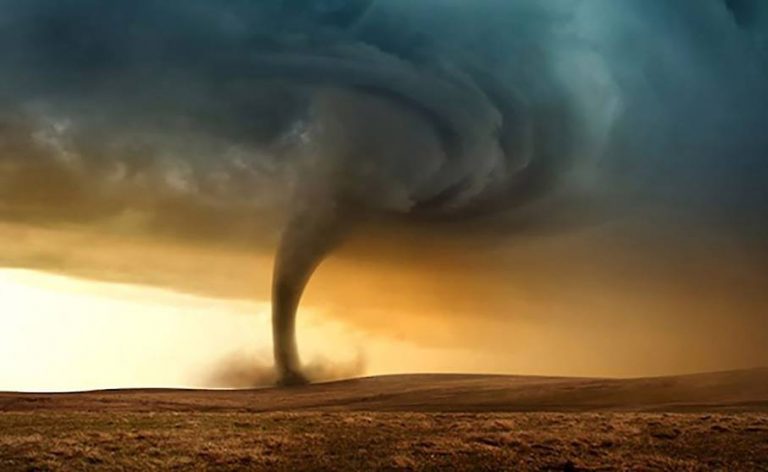
Northern China’s air pollution is not exactly off the charts, instead it often sits at the very top of the chart, meriting the highest warning level. The information to come out of China consistently points to an issue that has appeared to be teetering out of control.
In an arguably unparalleled move, China has shut down tens of thousands of factories.
Trevor Nace writes for Forbes, “Safety officials have been moving from province to province (30 in total so far) shutting down factories as well as electricity and gas as they inspect the factories for meeting emissions requirements.”
Nace goes on to note that over 80,000 have received fines and criminal charges and approximately 40 percent of all factories have been shut down for environmental bureau inspections.
Why the pollution is out of control
Popular Science looked at why China’s problem has gotten so bad, and they concluded that there are three primary things contributing:
Industry and Traffic: The most obvious is the thousands of factories and the massive amount of traffic are constantly polluting China’s air.
Winter: The issue gets worse in the winter as temperatures drop and people utilize heating. The need for electricity skyrockets, and much of the demand is met by coal-powered plants that emit “charred dust.”
Geography: The northern area of the country is surrounded by the Xishan and Yanshan mountain ranges. Which means that the air in a city like Beijing has nowhere to go. Instead, high pressure systems keep the smog trapped, and by extension, cause it to consistently build up without release.
Why they’re changing now
In no way is this out of the blue, China has historically recognized that things were problematic.
In 2013, CNN reported, “Officials in China’s capital this week announced a raft of emergency measures in a bid to tackle the problem, including mandatory factory closures and bans on cars entering the city on days when pollution levels are particularly high.”
Those emergency measures were aimed at curbing fine particulate matter by the end of 2017; In other words, China is fast approaching a deadline.
While measures of this level of severity had not yet been seen, they are obviously merited. Last year a World Health Organization analysis found that in one year alone China’s dirty air killed 1 million people.
This affirms what has already been established about air pollution: those tiny, often toxic, particles can end up virtually anywhere. They land in the soil, in water, on crops, and on animals.
As we’ve mentioned before, “Once these harmful pollutants enter your body, certain pollutants will tend to build up in your body tissue. This means that humans and other species at the top of the food chain typically are more prone to the buildup of toxic pollutants in their bodies. That is why people who eat a lot fish can build up mercury in their systems and then suffer severe side effects from mercury poisoning.”
How green activists still lack agency
The interesting thing about the Chinese government’s involvement is that there appears to be a connection between their desire to control the situation, and their desire to control the public’s perception and subsequent response to it. It is important to the Chinese government that they remain in control of the problem and the solution.
“Daniel Gardner, a professor at Smith College and author of Environmental Pollution in China: What Everyone Needs to Know — soon to be published by Oxford University Press — says that vested economic and political interests have long been concerned over grassroots environmental phenomena,” reports Michael Standaert for YaleEnvironment360.
The driving force for the government seems to have as much to do with controlling the masses as it does with being eco-friendly. The Chinese government walks a narrow line of prompting citizens to support difficult government policy, without actually calling on those citizens to become overzealous in their own right.
The Impact on the rest of the world
There are some examples that point to the fact that what China is doing can be effective. Los Angeles was once far more smog-riddled, largely due to the same combination of big city emissions and valley floor location, until increased regulations began to restore blue skies over the city.
We can only hope that China will serve not only as a testament to what happens when we ignore the pollution problem, but that they might also become an example, whatever the motivations at work are, of how implementing astute policies works.
Last year an overview of modern global business leaders found, “CEOs expressed ‘extreme concern’ over the issue of government regulation. Understanding the deeper intention behind regulations may stimulate internal changes which lead to greater efficiency and a competitive business advantage.”
Whenever the bottom-line is going to be impacted by regulation, there will be push back. However, despite the fact that the conversation in mainstream media has largely revolved around the magnitude of the economic hit China will take the reality is that, time and time again, case studies on ethical leadership have proven consumers are motivated by environmentally-conscious businesses.
Again, one can only hope that looking at China will motivate and influence, both on a personal and a professional level. Both government and industry, globally, need to be working together to produce the type of marketplace that operates with sustainability in mind.
However, in many ways this begins at an individual level; it begins when individuals up and down the consumer chain recognize their ability to make smart buying and loyalty choices. Industries produce because buyers buy. Lets buy the right products, made the right way.





Leave a Comment